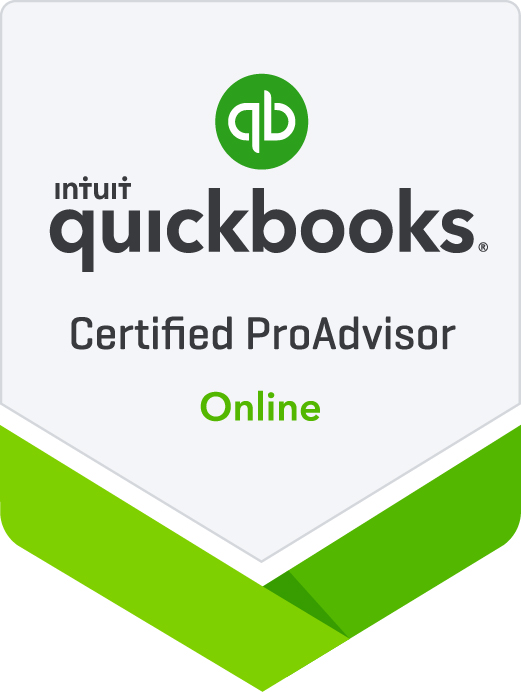Owners/family members of small businesses are the most common bookkeepers. But what happens
when you start to get busy or realize you are over your head?
Larger businesses have a finance department that could have several, if not dozens, of people handling
all aspects of finance. But for most small businesses… they just start to grow and need a little help.
This article is dedicated to small businesses, from solopreneurs to those with up to two finance people,
to help them choose the best way to get their books done.
#5 – One Internal or External Bookkeeper – Cost $$
Despite being last on the list, this is the second most popular choice for small businesses. When you
need help, you hire someone right! A part time employee to help keep the books is familiar and just
makes sense. But it can be dangerous.
It is last on the list for a few reasons, but the main reason is embezzlement. Hiscox Insurance did a study
and found that of all the positions in finance, bookkeepers are the #1 embezzler in amount and
frequency. The study says, they feel undervalued and then something happens to them or a family
member and they need money. Feeling undervalued justifies the theft.
All financial loss control experts agree, having one person with intimate knowledge and control of your
finances is a bad idea. There should always be some sort of cross check.
Pros
- Less expensive
- Intimate relationship
- Can double as administrative assistant, HR, etc.
Cons
- No real professional oversight
- #1 perpetrator of embezzlement in both amount and frequency
- May not have decades of accounting experience despite knowing software (Quickbooks, etc.)
#4 – Overseas Bookkeeping Firm – Cost $
This could be perfect for a simple solopreneur where cost is everything… but for most, it is just awkward and not intimate enough. In this age of global exchange, we are all open to working with people of different backgrounds but when an accent is hard to decipher, it can just make things more difficult. Especially when specific communication is key.
Pros
- Least expensive
- Fixed pricing packages
Cons
- Sometimes difficult to understand (for you or your CPA)
- Same service for all with no attention to your specific needs
- Not good for unique businesses (contractors with cost accounting for example)
- Mistakes due to the above
#3 – Your CPA Firm – Cost $$$$$
This one is arguably the best but its also the most expensive. What could be better than your CPA and their staff of people with accounting degrees handling your books! If you can afford it, this just might work perfectly for you. The only complaint we have seen about using this method is, CPA’s tend to focus on taxes. Bookkeeping to fill in tax forms is a pretty simply approach that may not be as sophisticated as you would like.
Pros
- Likely has accounting & software experience
- Your CPA will always agree with your bookkeeper
- Could assist in financial strategy IF your CPA provides that service
- Backup should something happen to your designated bookkeeper
Cons
- The most expensive
- Potential for the most financial oversight
- Tendency towards same service for all with no attention to your specific needs
#2 – Professional Bookkeeping Firm – Cost $$$
Coming in second place is a model that can bring all the pros of other models while eliminating all the
cons.
Cost can range from $$ – $$$$$ and hiring practices, policies, and procedures can vary. The trick is to
carefully interview each firm to pick one that is the best. Do their bookkeepers have accounting degrees
and ample experience? Do they have good policies like backup teams? What is their onboarding
process? Are they insured? How much do they charge?
Pros
- Intimate relationship
- Likely has accounting & software experience
- Professional oversight
- Communicates with your CPA
- May have fixed pricing packages
- Team or backup should something happen to your designated bookkeeper
Cons
- Not as cheap as overseas
#1 – Two Internal Bookkeepers – Cost $$
And in first place is two internal bookkeepers. Why two you’re thinking. If you recall, the main issue with a single bookkeeper was theft. Having two greatly reduces this risk. Assuming you are big enough to afford two full time employees, you can probably also afford to
properly vet candidates.
Presumably, you could hire bookkeepers as qualified as the professional bookkeeping firm would hire,
reduce your theft risk, and be in the best position to have an intimate financial relationship. If you add a
continuing education program and institute good financial policies, you could be better off than with a
professional firm!
Pros
- Intimate relationship
- Peer oversight
- Potential backup (if cross trained) should something happen to one
- Less chance of embezzlement
Cons
- Not as cheap as overseas
- May not have decades of accounting experience despite knowing software (Quickbooks, etc.)
- May not have bookkeeper/accounting specific training programs or proper procedures in place







